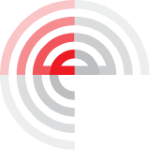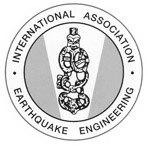Conference themes cover topics in the field of earthquake engineering, seismic risk prevention and post-earthquake recovery and reconstruction of buildings and infrastructures. Contributions may be within – but are not limited to – the following topics:
-
Post Disaster Recovery and Reconstruction
PDRR- Condition assessment
- Non-destructive survey techniques
- Innovative materials for repair, retrofitting and rehabilitation
- Methods and systems for repair, retrofitting and rehabilitation
- Special techniques of repair, retrofitting and rehabilitation of historic buildings
- Structural health monitoring systems
- Seismic rehabilitation of existing buildings
- Evaluation of recovery and reconstruction needs
- Recovery and reconstruction strategy guidelines
-
Lessons Learnt from Earthquakes
LLE- Recent earthquakes lessons
- Earthquake response and recovery studies
- History of earthquake engineering
-
Seismic Performance of Structures
SPS- Performance based seismic design of buildings and structures.
- Seismic design of masonry, concrete, steel and timber structures
- Seismic design of bridges and special structures
- Seismic design of a transportation infrastructure
- Case study of performance based seismic design
- Experimental works and physical modelling
- Seismic isolation and vibration control
- Earthquake Codes
- Next generation of Eurocode 8
- Development and improvements of national standards and annexes
-
Engineering and General Seismology
ESSession is organized by the Department of Geophysics of the Faculty of Science
- Seismic hazard evaluation
- Microzonation
- Strong ground motion studies
- Seismicity, seismic sources and seismotectonics
- Seismic wave propagation
- Seismic network and monitoring
- Macroseismology and historical earthquake
- Social seismology
-
Geo-aspects of Earthquake Engineering
GEE- Geological earthquake engineering
- Engineering – geological, geotechnical and seismic characterization of the site
- Laboratory and in-situ investigation of soil and rock dynamic properties
- Liquefaction and seismic slope stability
- Soil-structure interaction
- Soil improvement for remediation of seismic hazards
- Geodesy in pre- and post- earthquake response
- Remote sensing methods and GIS in earthquake engineering
-
Earthquake Risk Mitigation Policies and Management
ERMPMSession organized in collaboration with the Civil Protection Directorate, Ministry of the Interior
- Rapid structural assessment
- Short-term logistics
- Loss estimation
- Seismic risk assessment
- Seismic Loss and Risk Management
-
Immediate Post-Disaster Response
IPDRSession organized in collaboration with the Zagreb Emergency Management Office
-
Geodesy in pre- and post-disaster response
GCSession is organized by the Faculty of Geodesy
-
Urban Renovation Wave Triggered by Earthquake
URWSession organized by City of Zagreb Bureau for Physical Planning
-
Innovative Technology
IT
